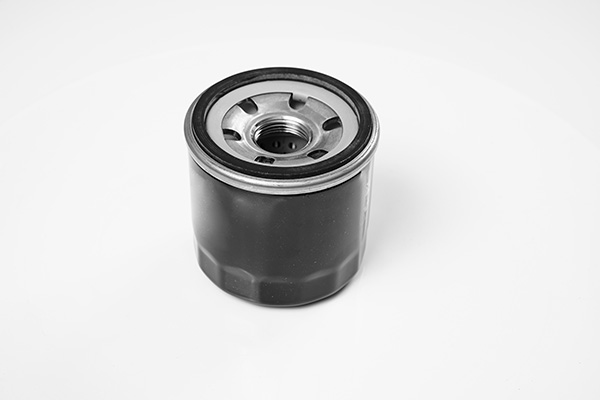
If your car hesitates when shifting, slips between gears, or feels rough during acceleration, you might assume the transmission is failing—but the real problem could be something much simpler: a dirty transmission filter. This small component doesn’t get much attention, but it plays a major role in how your transmission functions. When it gets clogged or worn out, it can mimic the signs of a much larger mechanical issue.
Transmission filters are overlooked in routine maintenance, especially in vehicles with sealed systems. But when the filter gets dirty, it can absolutely cause shifting problems—and ignoring it can lead to more serious damage over time.
What Does a Transmission Filter Do
Your transmission relies on clean, pressurized fluid to operate smoothly. The transmission filter’s job is to trap any debris—like metal shavings, friction material, or contaminants—that circulate in the fluid. It keeps the fluid clean and prevents particles from entering delicate internal components.
Over time, however, that filter fills up with debris. And if it isn’t changed, it starts to restrict the flow of fluid through the system. Reduced fluid flow means poor lubrication and erratic hydraulic pressure, both of which are essential for smooth gear changes.
Signs That Your Transmission Filter May Be Clogged
When the transmission filter gets dirty enough, it can trigger several noticeable symptoms:
- Hard or delayed shifting: Your car may pause before going into gear or shift more abruptly than normal.
- Slipping gears: You might feel the engine rev, but the vehicle doesn’t accelerate as expected.
- Unusual noises: A clogged filter can cause whining, clunking, or buzzing sounds as the fluid struggles to move through the system.
- Overheating: Restricted fluid flow increases friction and heat inside the transmission, which can trigger warning lights or temperature alarms.
In more advanced cases, the car may go into "limp mode" to protect itself from further damage. While these signs don’t always point directly to a dirty filter, they’re strong indicators that the transmission system isn’t operating properly.
Ignoring a Dirty Filter Will Lead to Bigger Problems
Driving with a clogged filter doesn’t just affect how your vehicle shifts—it can shorten the lifespan of your transmission altogether. Dirty fluid increases internal wear, reduces cooling efficiency, and adds stress to the transmission pump.
Over time, this can lead to:
- Excessive wear on gears and clutch packs
- Leaking seals due to heat and pressure
- Failure of sensors and solenoids
- Complete transmission failure
What starts as a relatively inexpensive filter replacement can escalate into a multi-thousand-dollar repair if not addressed early.
Does Every Vehicle Have a Replaceable Transmission Filter
Not all vehicles have a transmission filter you can easily change. Some newer models, especially those with sealed automatic transmissions, use internal screens or filters that are only replaced during a full service. Others may have lifetime filters that don’t require routine replacement—but those are exceptions, not the rule.
If your car does have a serviceable filter, it’s usually recommended to change it every 30,000 to 60,000 miles, depending on your driving habits and manufacturer guidelines. If you do a lot of stop-and-go driving, towing, or spend time in hilly areas like those around Marysville, WA, you may need to service the transmission more frequently.
When to Replace vs. Flush the System
If your vehicle’s filter is clogged, you may be tempted to perform a full transmission flush. While flushing can help, it’s not a cure-all—especially if the filter is still dirty or partially blocked. In some cases, a flush without replacing the filter can actually stir up more debris and worsen the problem.
The best approach is to replace the filter and the fluid at the same time. This ensures clean fluid is moving through a clean system, which helps restore proper function and protects your transmission over the long term.
From filter replacements to full transmission services, Bud’s Auto Repair & Transmission in Marysville, WA, is here to keep your vehicle shifting smoothly and safely.